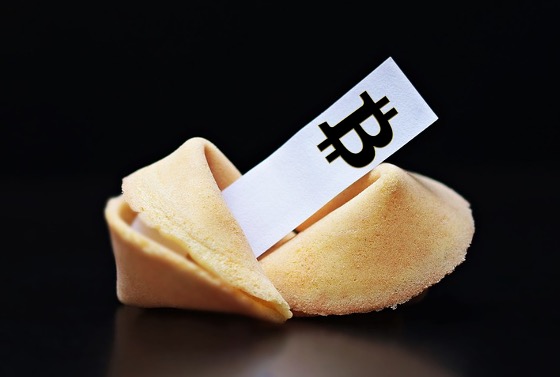The People’s Bank of China on Sunday concluded its second digital-currency pilot program, as the central bank moves closer to a formal rollout that would make China the first major world economy to introduce such a system.
This month, authorities in the eastern Chinese city of Suzhou handed out 20 million digital yuan, equivalent to $3.1 million, to local residents via a lottery. Each of the 100,000 winners received 200 yuan in the new digital currency, which could be spent on online or offline purchases.
The Suzhou pilot included twice as many residents and three times as many merchants as one conducted in October in the southern Chinese city of Shenzhen, the first such trial of the government-backed digital currency.
The trial in Suzhou also expanded the scope of the pilot program by testing the digital yuan on online stores and by introducing an electronic-payment method that doesn’t require an internet connection.
Wang Ju, a 39-year-old Suzhou resident who was selected to participate in the pilot, was impressed to find a pastel-colored replica of a yuan bank note featuring state founder Mao Zedong in her digital-wallet app after following the instructions.
“It’s amazing,” said Ms. Wang, who spent all of her allotted currency buying enough laundry detergent to keep her family’s clothes clean for a whole year. Ms. Wang chose to spend the money at JD.comInc.’s online shopping platform, which was offering big discounts during its annual “Double Twelve” shopping festival that began on December 12.
Chinese authorities also teamed up with other technology giants, including Meituan and Didi Chuxing Technology Co., to test the use of digital yuan for services such as food delivery and ride hailingrespectively.
To buy all that detergent, Ms. Wang had to top up with five yuan from her account at Industrial & Commercial Bank of China Ltd. , since it exceeded the 200 yuan she received from the central bank. “It went through smoothly, like other online payments we did,” she said.
In the first 24 hours of the Suzhou trial, JD.com recorded nearly 20,000 orders paid in the digital yuan, the company said this month.
Besides testing payment on online stores, Suzhou also experimented with the digital currency’s offline-payment function, a feature touted by officials to differentiate the new platform from the electronic payment services already ubiquitous in China, a country where payments are already increasingly cashless.
Unlike payments made through Ant Group’s Alipay and Tencent Holdings Ltd. ’s WeChat Pay, the central bank’s offline-payment feature doesn’t require an internet connection, which could facilitate payments in areas with poor cellular service, officials said. A brief tap of devices between consumer and vendor can process the transaction.
Perhaps even more enticing for many merchants is that the new digital currency offered by the central bank doesn’t involve transaction fees, unlike Alipay, WeChat Pay and Chinese commercial banks.
.
By Jonathan Cheng, December 27, 2020, published on The Wall Street Journal






